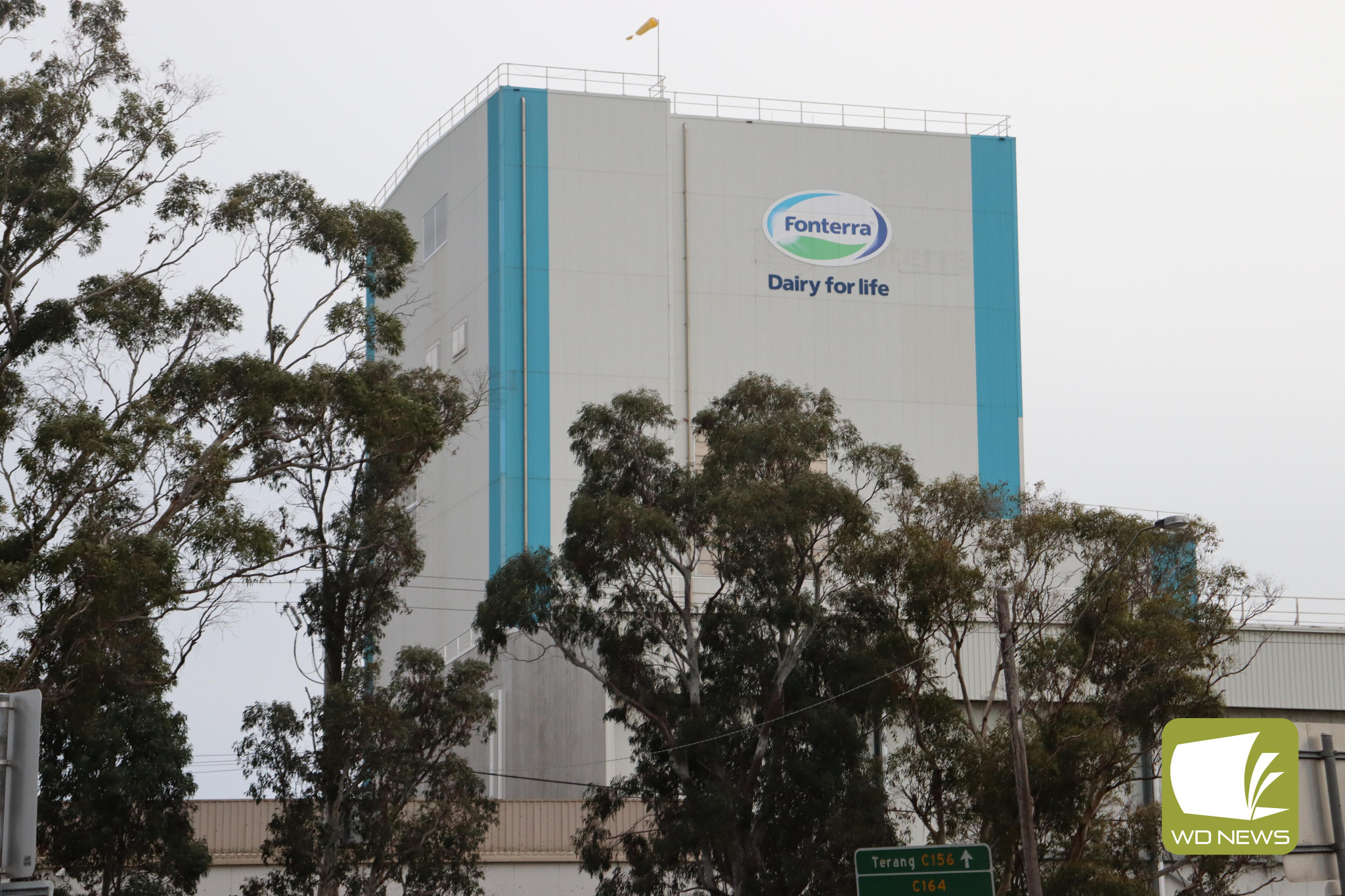General News
27 August, 2025
Unions respond to Fonterra sale
AFTER the confirmed sale of Fonterra to French dairy company Lactalis, unions are expressing their disappointment and warning the future of Australian dairy could be in jeopardy.

Australia Dairy Farmers (ADF) president Ben Bennett said farmers will closely scrutinise the deal’s merits.
“It’s going to take some convincing for the NZ farmer to support it; it’s not a fait accompli,” he said.
“As a Kiwi who is dairy farming in Australia, I know farmers on both sides of the ditch will have strong feelings on this deal.
“Here in Australia, we know it limits competition.
“In New Zealand, farmers will be looking to maximise their returns when this goes to a vote in late October or early November.”
Mr Bennett said while the Australian Competition and Consumer Commission (ACCC) said it isn’t going to affect competition in the domestic market., the ADF “very much disagree”.
“Combining two major buyers reduces choice and bargaining power for farmers along a supply chain already dominated at the processor and retail end,” he said.
“It’s a major threat to farmgate prices and the Australian dairy industry.”
United Dairyfarmers of Victoria (UDV) president Bernie Free said the acquisition could result in product duplication and some existing brands disappearing from supermarket aisles.
“Lactalis is now a global giant of the dairy industry following their purchase of Fonterra and that could spell the end for some iconic local brands,” he said.
“Our farmers produce the best dairy products in the world and I hope this move doesn’t restrict consumers’ access to locally made, fresh Victorian dairy products.
“It’s hard enough for consumers to find out what products are Australian made and moves such as this make that challenge even more difficult.”
Mr Free added the reduction in competition is likely to place downward pressure on farmgate prices, leaving producers with less negotiation power and jeopardising farm viability.
“This consolidation of processors raises the risk of rationalisation of processing facilities,” he said.
“Such moves could result in job losses, reduce regional investment, and undermine the infrastructure that has long supported Victoria’s dairy industry.
“I’m also concerned that increased reliance on imported dairy products may emerge to meet domestic demand.
“This would not only displace locally produced milk but also weaken the security of Australia’s own food supply.”
Mr Free said smaller processors could also find their access to toll processing, milk swapping, or supply contracts increasingly constrained, further limiting diversity and competition in the marketplace.
“Reduced product variety and brand choice for consumers are likely outcomes, with no clear evidence that prices will improve or that innovation will be driven by further consolidation,” he said.
“It’s critical that the growing market share of a major processor reinforces the urgent need for strong regulatory oversight of contractual and supply chain practices to ensure farmers, regional communities and consumers are not left behind.
“Farmers need fair access to competitive markets and transparent contracts.
“Without this, the future of the dairy sector and the communities it supports is at real risk.”